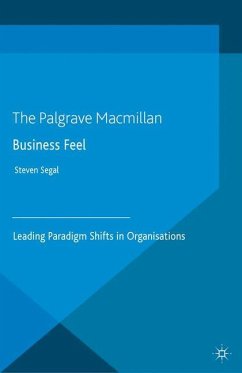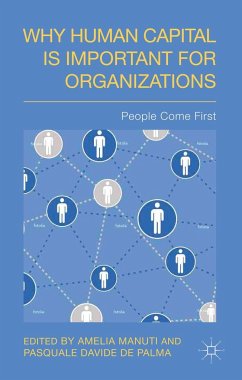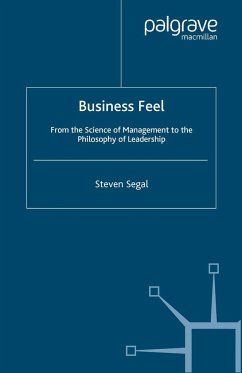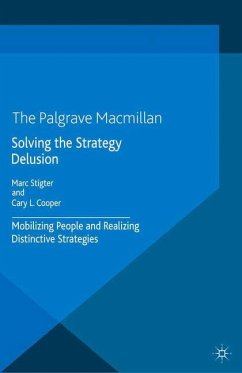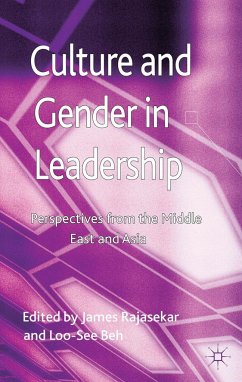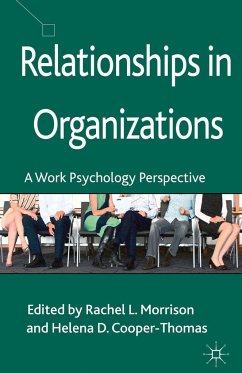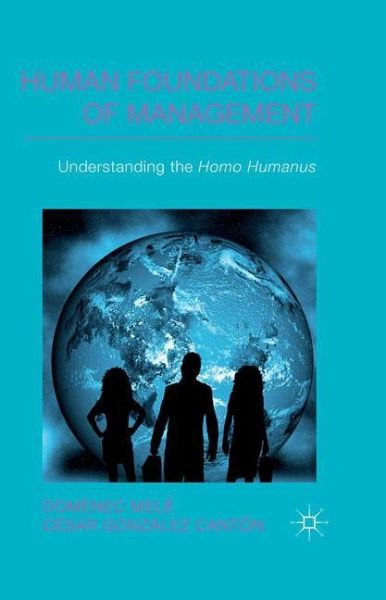
Human Foundations of Management
Understanding the Homo Humanus
Versandkostenfrei!
Versandfertig in 6-10 Tagen
83,99 €
inkl. MwSt.
Weitere Ausgaben:

PAYBACK Punkte
42 °P sammeln!
Human Foundations of Management explores the human foundation of management and economic activity in a way that is accessible to readers. The structure and contents of this book examines those aspects of the human being which are relevant to management and economic activities.






